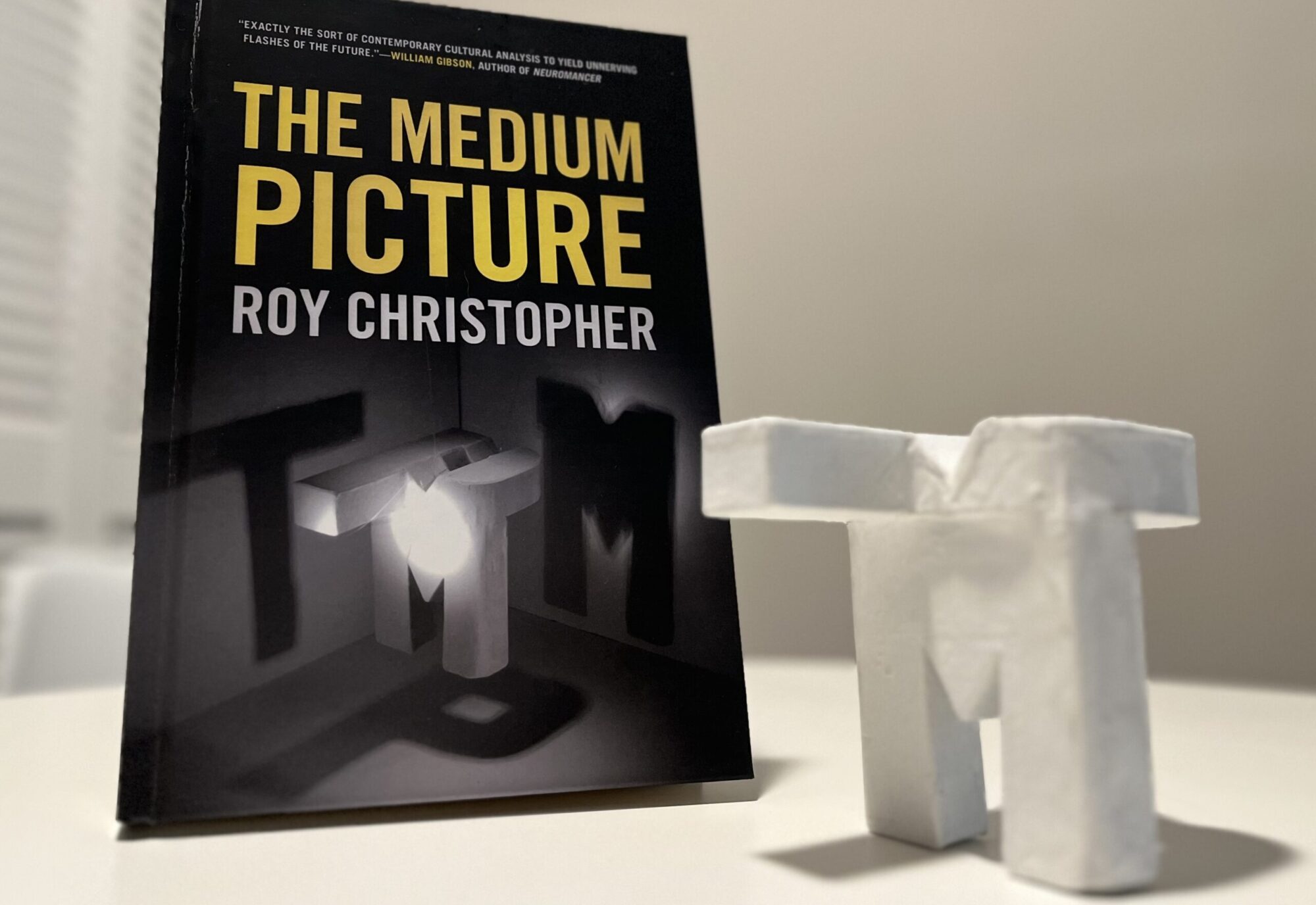After reading a story about a Nevada couple who blamed their computer for their negligence of their children, I felt like this theme had finally reached critical mass in my mind.
I’ve been noticing lately just how much of our society is driven by addiction and obsession. On an unrelated path of research, I re-watched all of Darren Aronofsky’s films – the plots of which are all rife with these themes. In Pi (1998), Maximillian Cohen is obsessed with figuring out the algorithmic pattern of the stock market. In Requiem for a Dream (2000), Harry, Marion, and Tyrone are addicted to heroin, while Harry’s mom, Sara is both obsessed with Tappy Tibbons’ TV show and eventually addicted to diet pills. The three incarnations of the lead character in The Fountain (2006) are obsessed with eternal life and love. As extreme as Aronofsky’s examples are, they’re useful tropes as parallel everyday examples are not hard to find.
The release of the latest Harry Potter movie and book exposed the obsessed – as every such release does – in public arenas across the country. Last weekend saw dressed-up fans, midnight sales, and release parties galore. As of this writing, eight of the top ten (and eleven of the top twenty) top-selling books on Amazon is Harry Potter-related. This trend extends into their year-end top-seller lists as well. That makes the Harry Potter series a business-altering phenomenon for Amazon (and other booksellers): They’re no longer a bookstore. They’re a Harry Potter store.
What are the fans (and stores) to do since this is the last book in the series?
Riding alongside Harry this month is the release of the iPhone. Compared to both the Devil’s Tower in Close Encounters of the Third Kind and the primal quest for fire, the iPhone is the most recent example of our seemingly constant obsession with the latest gadgetry (see also the Xbox 360, Nintendo Wii, etc.). Early adopters, or “emulators,” are on the frontier of this obsession. Emulators are people who seek identity in products. The Situationists used emulators as examples of the devolution of our ontology. According to their line of thought, we’ve gone from “being” to “having” to “appearing to have.”
Though we’ve certainly seen her behavior before (I always think of Drew Barrymore’s adolescence as the exemplar par excellence of youth and power gone awry), Lindsay Lohan is appearing to have lost control. Her regular relapses are an overt and all-too-public reminder of the power of addiction.
Since the Nevada couple mentioned above were arrested for child neglect after failing to feed or bathe their children, a proposal was made (but finally turned down) to classify video game addiction as a mental disorder. “They had food; they just chose not to give it to their kids because they were too busy playing video games,” prosecutor Kelli Ann Viloria said. How much further can addiction and obsession go? Would it be classifiable if the couple failed to feed themselves? I mean, really. What’s the next step?

